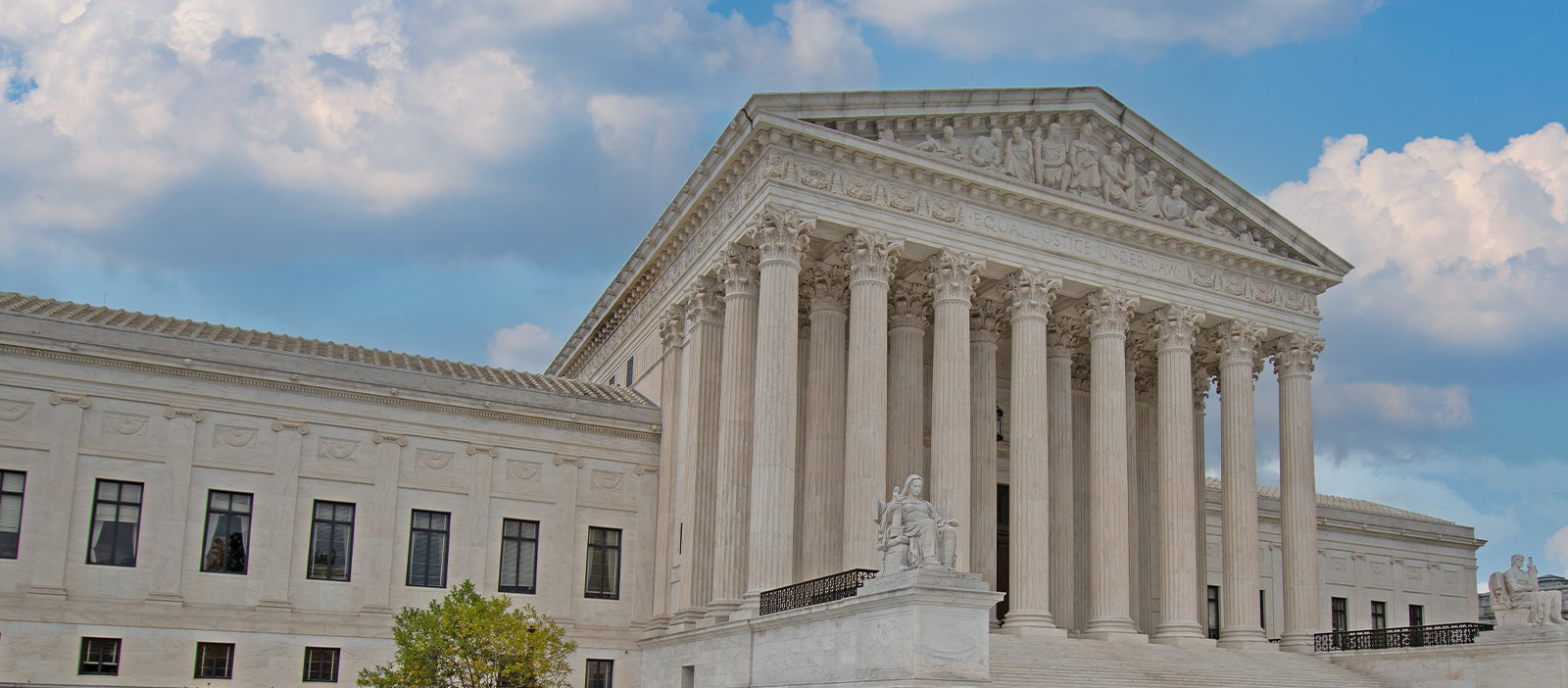Agriculture + Lifestyle
What You Should Know About Chevron Deference
Posted on January 17, 2024 12:02 AM

This week the Supreme Court will take up a case that impacts the balance of power between our branches of government. It’s called the Chevron deference.
What is it?
Chevron deference is a judge-made rule that allows federal agencies (not courts) to decide the meaning of federal statutes. If a statute is ambiguous (or even silent), the agency gets to decide what it means. This doctrine was created by the Supreme Court forty years ago in a case called Chevron v. Natural Resources Defense Council.
Why is it bad?
Chevron has shifted significant power away from the legislative (Congress) and judicial (courts) branches to executive branch administrative agencies, violating the separation of powers doctrine.
By inviting lawmakers to draft a vague legislation and empower federal agencies that are less politically accountable, Chevron erodes the responsibility of Congress.
By inhibiting courts from exercising their Constitutional power to interpret the law, Chevron abdicates the role of the judiciary.
By allowing unelected officials to decide the scope of their own power. The result is an ever-growing number of burdensome regulations that Congress didn’t authorize, and the courts can’t check. Chevron centralizes power in an “administrative state”.
What’s happening now?
On January 17th, the Supreme Court will hear oral arguments in two cases that seek to overturn Chevron deference: Relentless v. Dept. of Commerce and Loper Bright Enterprises v. Raimondo. The court should reach a decision between April and June.
What are the facts of the case?
Both cases involve a National Marine Fisheries Service (NMFS) regulation that requires fishermen to pay for federal observers to board their ships and observe their fishing practices. While the governing statue says the agency can require federal observers on ships, it does not say the fishermen must pay their salaries. The lower courts upheld the regulation based on Chevron deference.
If Chevron is overturned, what would be the impact on Agriculture?
If overturned, each branch of government will face increased responsibility to fulfill its Constitutional role: Congress to legislate, the courts to interpret the laws, and the executive branch to implement the laws as written.
For agriculture, this means that every federal agency we interact with from NRCS, to EPA, to DOL will have less discretion to impose new regulations that Congress did not clearly authorize.
The American Farm Bureau Federation (AFBF) has been a leader in fighting for less deference to administrative agencies. They have fought this battle in numerous cases including Loper Bright. In a recent case, Justice Gorsuch recognized AFBF’s contributions and adopted their arguments.
Content provided by the American Farm Bureau Federation (AFBF).